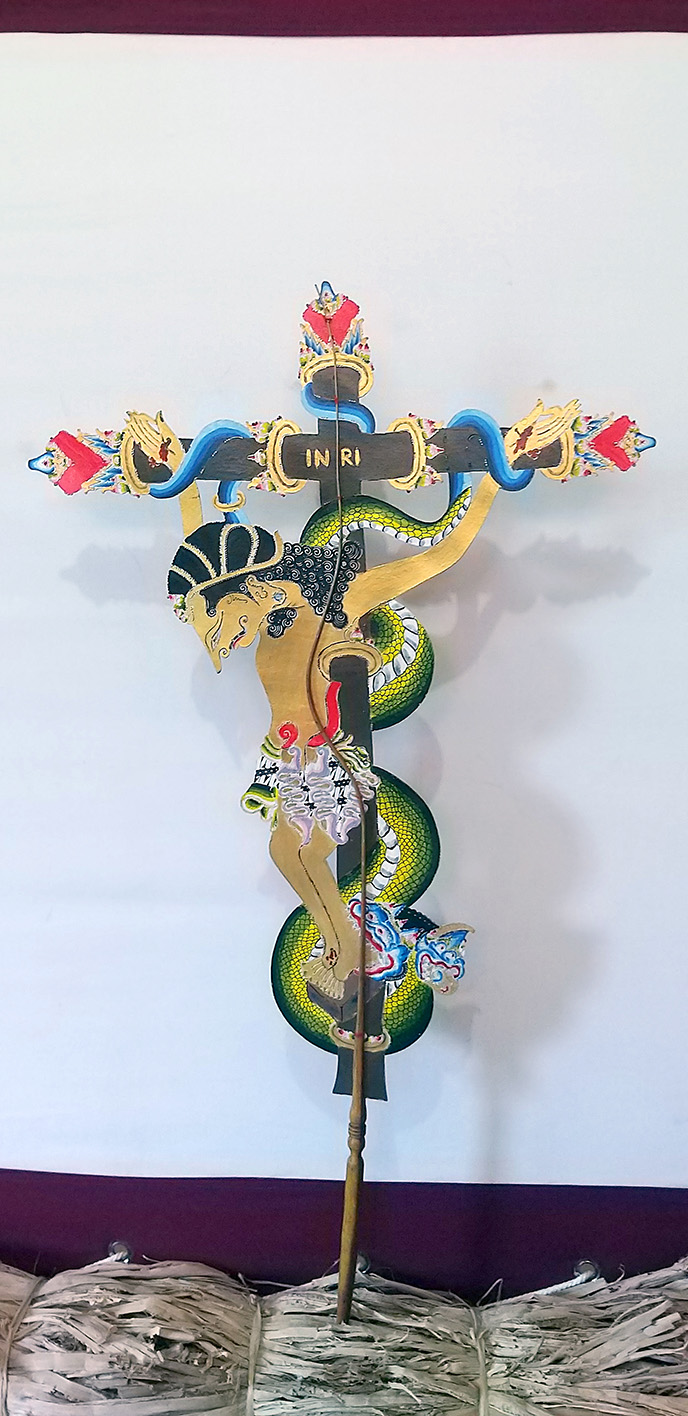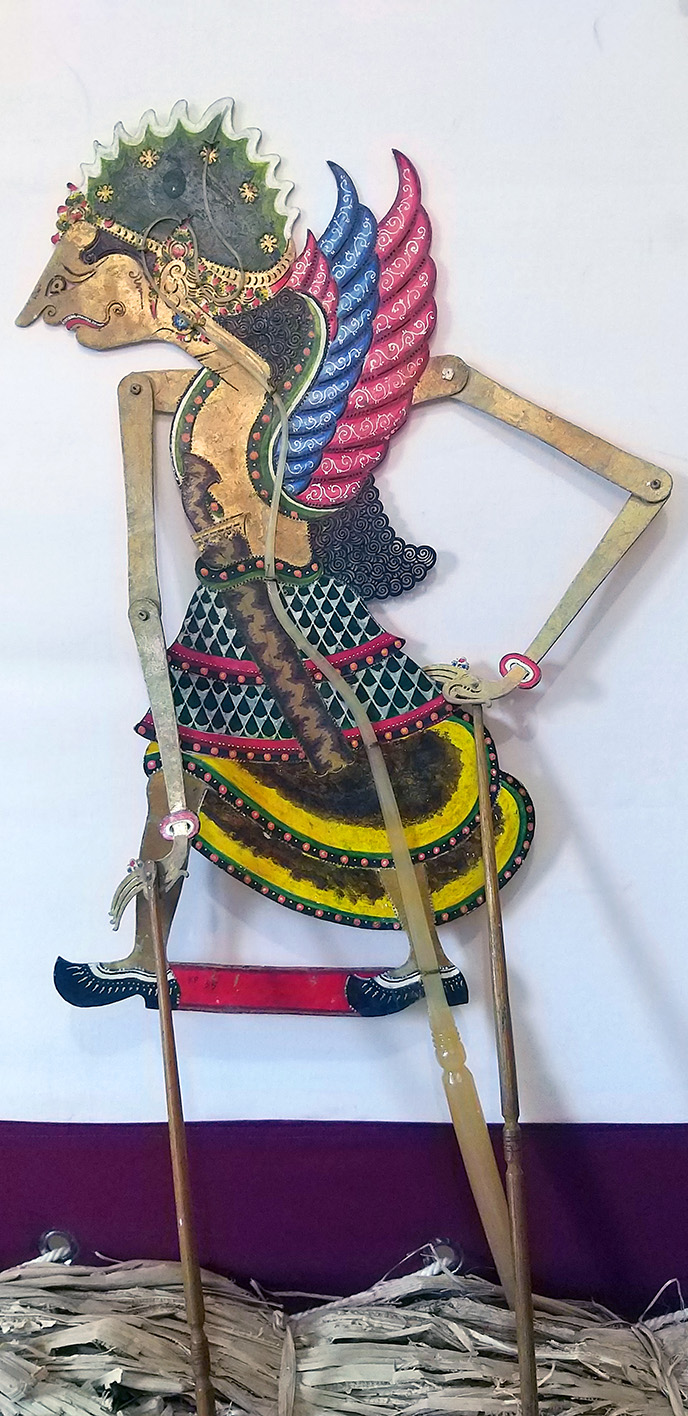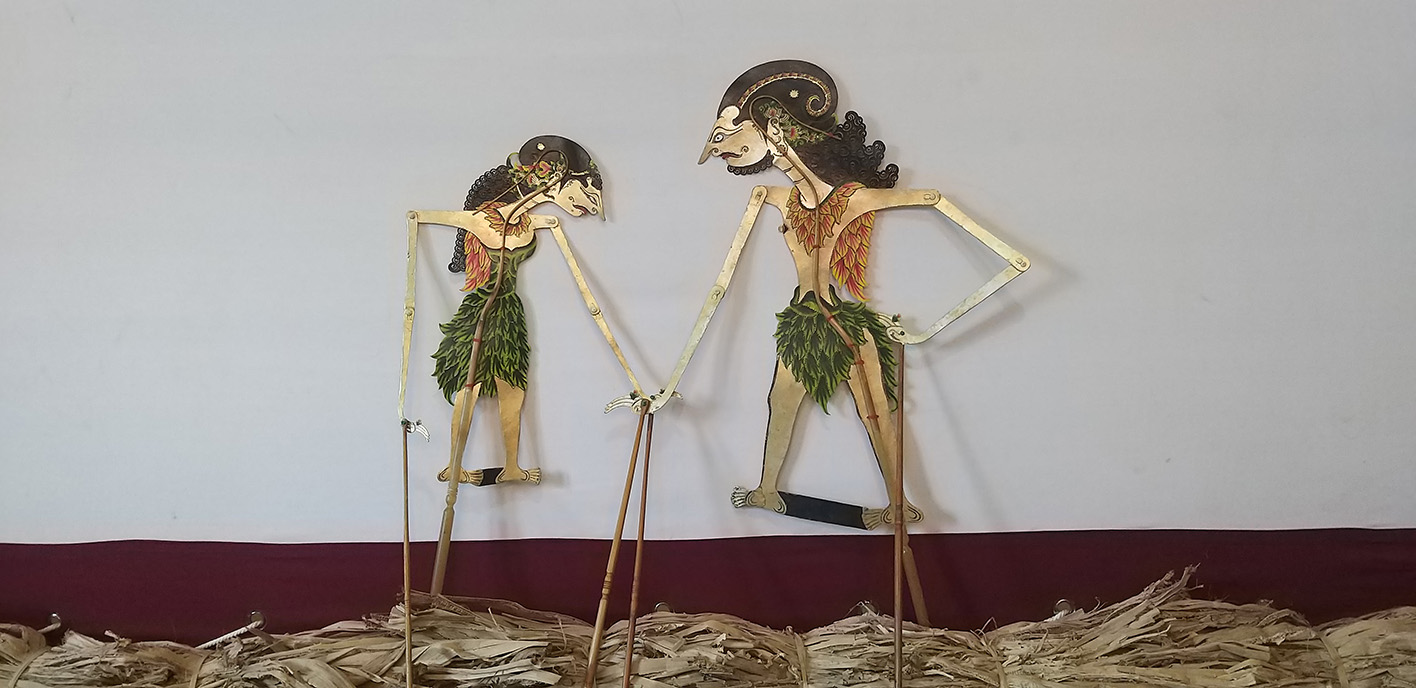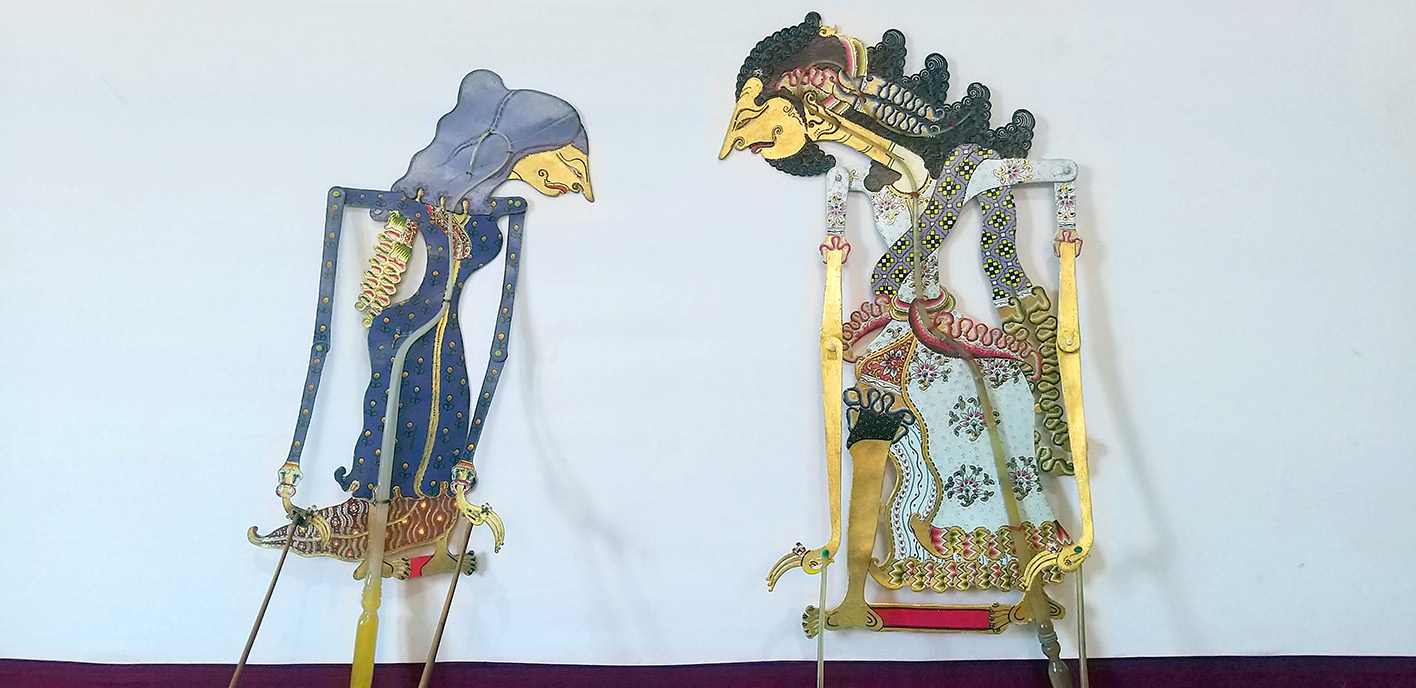Purwokerto diocese at Java center, links most of Indonesia. Christians are a minority. We live with other religious believers, mostly Muslims. Christians and Muslims live in good relationship. Unfortunately, since a few years, this harmonious relationship is deteriorating with the rise of intolerance and the Muslim fundamentalists.
Although very much in the minority, this radical fringe is active in political and media circles. So many Christians, because of their bad experience, come to doubt the relevance of the Islamo-Christian dialogue.
Despite the rise of these acts of intolerance on the part of Muslims, the Church persists in its dialogue with Muslims. Far from being seen as an obstacle, this situation pushes the Church in Indonesia to realize that dialogue is, more than ever, a necessity, even an urgency. This is not to imagine that Christians are forced to dialogue with Muslims to exist. This dialogue is urgent, in the first place, because it is part of the mission of the Church as sacrament of the Kingdom of God. The Church is fulfilling its mission when it works with others to build the Kingdom of God in the sense of justice, peace, reconciliation and fraternity among all men.
Existential issues
Given the urgency of the dialogue, the Catholic Church is looking for ways to build relationships with other believers, especially with Muslims. The dialogue that the Church develops is not a dialogue between religions or institutions, but between people who belong to different religions and recognize their equal human dignity. Dialogue is an encounter that becomes word, where there is mutual respect and listening, and which involves existential issues. It is neither a negotiation on the content of faith, nor a debate where one seeks to score points, nor an attempt to convert the other. It is a deep attitude marked by the desire to meet the other in its difference. For a Christian, it is rooted in his faith in God who has taken the initiative of dialogue with humanity himself. Building this type of dialogue is not an easy task. But, we have starting points that can help us.
One of them is the local culture. Indeed, Christians, Muslims and all other religions in our region share the same cultural root. In this case the Javanese culture influenced by Hinduism. This culture can serve interreligious dialogue.
Shadow theater
Father Augustinus Handi Setyanto, a priest from the diocese of Purwokerto, took this opportunity. He uses this art to build dialogue with non-Christians and, at the same time, to announce the Gospel. He formed a group, or rather a community, of Wayang Kulit. The “Wayang” or shadow theater is a popular show in Indonesia, especially in Java. The word “Wayang” means “shadow”. On the island of Java have developed several variants of shadow theater. The most popular form is the Wayang Kulit Purwa from Central Java. Puppets are usually made from buffalo skin added on horn sticks. They are manipulated by the dalang, the master puppeteer, who plays with light to modulate the shadows of his figures. The performances of Wayang Kulit Purwa are invariably based on the adaptations of the Indian Sanskrit epics, Mahabharata and Ramayana.
In this group, Father Handi plays the role of master puppeteer (dalang). The dalang is at the same time the storyteller, the conductor (Gamelan), the mouthpiece of all the protagonists and the puppeteer. The dalang must know the manual and vocal techniques that will allow him to make his puppets live. The dalang must then master the Javanese orchestra (gamelan) since he is the conductor. A wayang kulit show is worn by Javanese music (gamelan) and singers. The particularity of the Wayang of Father Handi is found in the story of the dalang (i.e. Father Handi). He uses the wayang as a means to do catechism. Instead of telling the story of the epic of Ramayana or Mahabharata, Father Handi uses the wayang to present the biblical stories. Father Handi’s puppets are biblical characters from the Old and New Testaments. Father Handi is not the first to have had this idea. This type of wayang has existed for several decades.
It is called “Wayang Wahyu”. The word wahyu means “revelation”. Wayang wahu is wayang that interprets biblical history (revelation).
Although Wayang is a catechism tool, most members of its community are Muslims. The members of his team, musicians and singers, are not professionals but amateurs. They are neighbors and neighbors of the presbytery of the parish of Father Handi.
Build charity
His parish has gamelan instruments. Amateur of this traditional music, Father Handi invited the local residents to learn how to play gamelan. They then formed an orchestra group to which he gave the name “hamangun sih”, a Javanese name meaning “to build charity”. The relationship with non-Christians is woven and, indirectly, an interreligious dialogue is established.
Another dialogue was built between Father Handi and the artist who draw the puppets. Father Handi commissioned the making of the puppets of the biblical characters.
It was a first: how to draw Jesus, Mary, Moses, Abraham, the Cross, in Javanese Wayang style? Artisans are mostly non-Christians. To achieve this, discussions take place between the painters and Father Handi. Before creating the puppets, the craftsmen must know the episodes of their life. The exchanges focus on the aesthetic and artistic aspect of the puppets. But indirectly, the discussions are also of theological order, the puppets must show the physics of the character, but also, through his physique, his character, Father Handi had to explain the character of these characters in detail. It is on this basis that craftsmen perform puppets.
Since his first show, ten years ago, Father Handi’s troupe has played a few times in most of the parishes of the diocese and elsewhere. The non-Christians perfectly know that the Wayang Wahyu is a sort of catechism, but still, many non-Christian spectators attend the performances and appreciate them. The members of the troupe who are not Christians do not see, either, any obstacle to take part in this collaboration. Even if they do not convert to Christianity, they can then give testimonies among their relatives of their relationship with Christians. At first glance, Father Handi’s work with his Wayang Wahyu group is not decisive for national interreligious dialogue. But, he can be a source of inspiration thanks to the way he uses Javanese culture to build the relationship between members of different faiths.
Father Bagyo Purwosantosa, former priest student at the MEP




